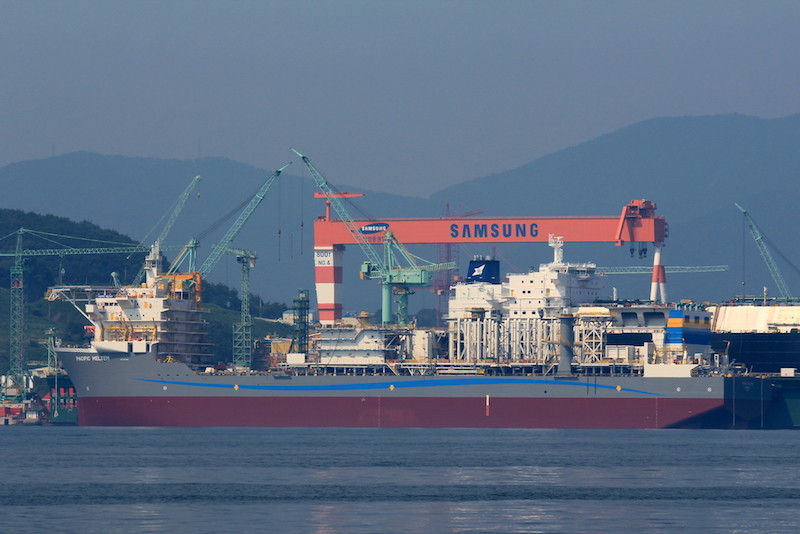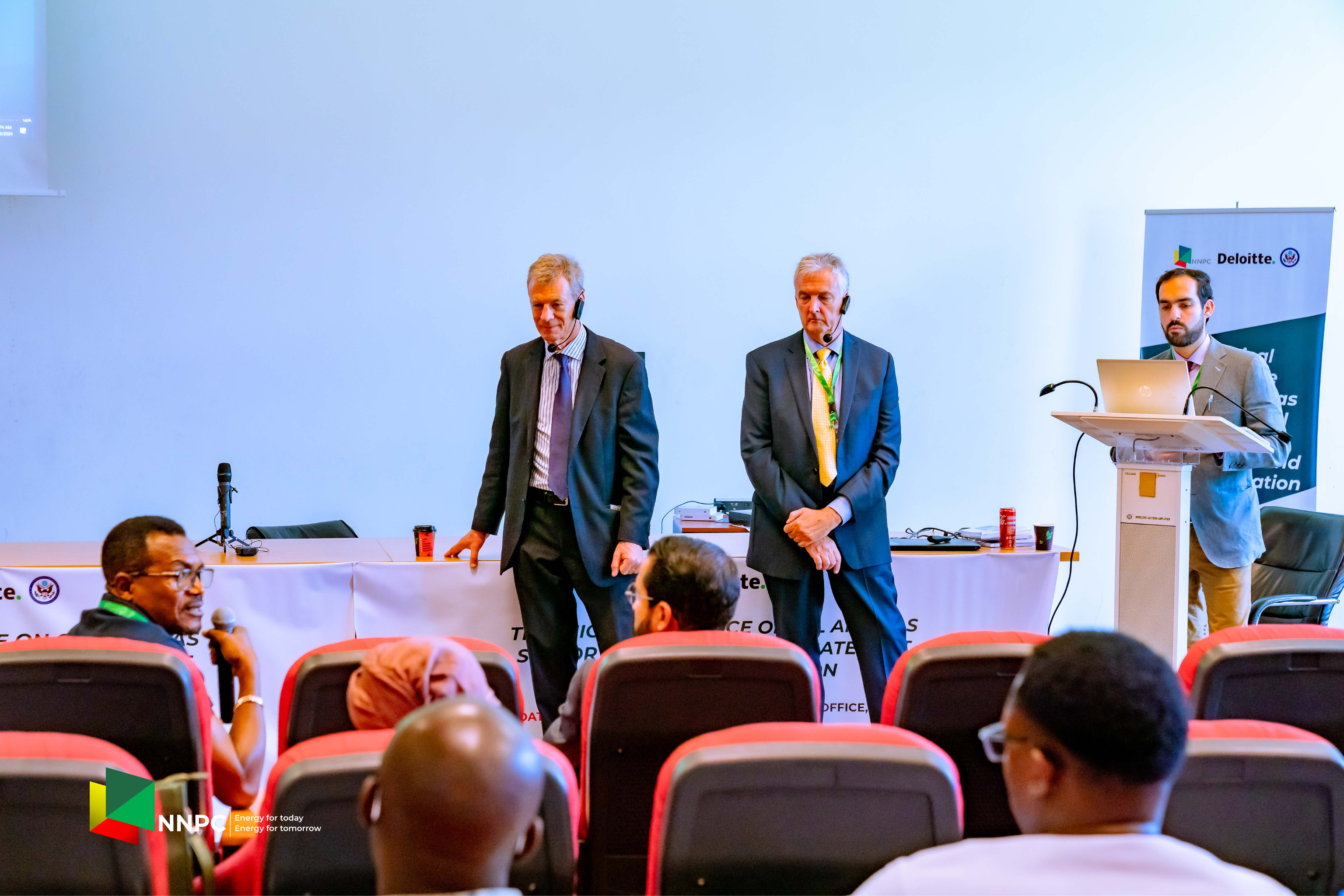International News
South-west US Experiences Extreme Heat
Over 110 million people continue to be affected by extreme heat warnings as a result of a heat dome over the south-west of the US.
Up to 38 cities might see temperature records smashed.
The extreme heat wave in Las Vegas poses a threat to surpass or tie the city’s all-time high temperature of 117F (47.2C) on Sunday.
It happens at a time when southern Europe is also experiencing record-high temperatures and Canada is coping with its worst wildfire season ever.
Scientists have long warned that the frequency and intensity of extreme weather events will rise as a result of climate change brought on by human activity.
Elsewhere in the south-western US, hundreds of firefighters have been battling brush fires in blistering heat and low humidity on the outskirts of Los Angeles.
Temperatures in Death Valley in California hit 128F (53.9C) on Sunday, according to the National Weather Service (NWS). It is the site of the hottest temperature ever reliably recorded on Earth: 134F (56.7C).
The usually crowded streets of Las Vegas were considerably emptier than normal on Sunday, with security guards guarding the fountains of upscale casinos and hotels to prevent people from jumping in.
The famous strip was a quiet inferno. Some people walked outside, but mostly just to cross the street to the next casino. And those who did exit were mostly intoxicated.
When one couple was asked why they were outside, they said “All roads lead to the Bellagio,” referring to one of the most popular hotels and casinos on the strip. Another group of young men shouted, “It’s Vegas baby! The heat’s not going to stop us!”
But elsewhere in Las Vegas, people were hanging on to any bit of shade, whether it came from the shadow of a building or even a small tree. At a taco shop on the strip, the tables were all full of patrons dripping with sweat and looking utterly wiped out from the heat. Workers too were draped in the booths, not speaking to each other, but fanning themselves down.
Inside the casinos though, business continued. The air conditioning was blasting so high, people were wearing jumpers to stay warm, and there was no indication of devastating temperatures, other than the people walking in off the street with sweat streaming down their faces.
El Paso, in Texas, has seen temperatures of 100.4F (38C) and above for more than a month now, with no respite in sight.
In Phoenix, Arizona, temperatures have remained above 109.4F (43C) for 17 days. Thick cloud cover on Sunday meant the city was granted a modest reprieve from recent peaks, but daytime temperatures still reached highs of 114F (45.5C).
The heat is set to continue for the foreseeable future, and authorities are warning that vulnerable people – including children, pregnant women and the elderly – are at serious risk of heat-related illness.
Mobile clinics report treating homeless people suffering from third-degree burns. Public buildings in some parts of California and Nevada have been turned into “cooling centres” where people can take refuge from the heat.
Amid the extreme temperatures being seen in Death Valley, Park Ranger Matthew Lamar said: “We hadn’t hit 130F (54.4C) here for over 100 years. And then in 2020, we got 130, in 2021 we got 130, and then we might hit it again this weekend.”
He added that the weather was attracting tourists who wanted to “experience the extremes”.
But some visitors said others should not lose sight of the fact that those extremes are a symptom of climate change.
Speaking to Reuters on Saturday, Tom Comitta said: “People are coming out here to celebrate this. People are excited. It’s not a milestone. I’m calling it Happy Death Day.”
International News
Niger Drops French, Declares Hausa As New National Language
In a bold move to redefine its national identity and sever ties with its colonial past, Niger’s ruling junta has officially adopted Hausa as the country’s national language, replacing French.
A new national charter, published in a special edition of the government’s official journal on March 31, stated: “The national language is Hausa” and “the working languages are English and French.”
READ MORE: Woodhall Capital Foundation Trains Nigeria’s Captains Of Industry
The decision is part of sweeping reforms introduced by the military government that took power in July 2023 after ousting President Mohamed Bazoum. Since then, the junta has taken deliberate steps to distance itself from France, including the expulsion of French troops and the renaming of streets and landmarks that bore French names.
Hausa is the most widely spoken language in Niger, particularly in the regions of Zinder, Maradi, and Tahoua. By contrast, French is spoken by only about 13 percent of the population—just over three million people in a country of 26 million.
The charter also designates nine other local languages—Zarma-Songhay, Fula, Kanuri, Gourmanche, Arabic and others—as the “spoken languages of Niger.”
The reforms stemmed from a national conference held in February, during which the junta was granted broader powers, including a five-year extension for General Abdourahamane Tiani to remain as head of state.
Niger, along with Mali and Burkina Faso—also under military rule—recently withdrew from the Organisation Internationale de la Francophonie (OIF), a cultural and political body representing French-speaking countries.
International News
Massive 7.7 Magnitude Earthquake Rocks Myanmar, Shakes Southeast Asia
A powerful 7.7-magnitude earthquake struck central Myanmar on Friday, shaking the region and sending tremors as far as Thailand and China.
The quake’s epicenter was located in the Sagaing region, near Mandalay, Myanmar’s second-largest city, home to around one million people and renowned for its historic temple complexes.
Panic erupted as buildings swayed and dust filled the air.
READ ALSO: Powerful 6.8-Magnitude Earthquake Hits China, Dozens Killed
In Mandalay, videos shared online showed terrified residents rushing out of residential towers while traffic came to a sudden halt.
Reports indicate that a major bridge spanning the Irrawaddy River collapsed into the water in a cloud of dust and debris.
The quake was felt as far as Bangkok, Thailand’s capital, where video footage showed a partially constructed building in Chatuchak Park crumbling to the ground.
Thai authorities reported that 43 people were trapped in the wreckage, while seven others sustained injuries.
In Chiang Mai, a resident described feeling the tremors for about ten seconds before fleeing into the streets.
In Myanmar’s commercial hub, Yangon—about 380 miles from the epicenter—residents also experienced the powerful shaking.
One resident recalled, “We felt the quake for about a minute, then ran out of the building.
It was very sudden and very strong.” Another noted that phone networks in the city, home to around 8 million people, briefly went down but were later restored.
Myanmar, one of Asia’s poorest nations, is already grappling with the effects of a brutal civil war sparked by a military coup over four years ago.
The conflict has devastated the economy, and the country remains ill-equipped to handle a major natural disaster of this scale.
The Sagaing region, where the earthquake struck, is a war zone with multiple factions—including the ruling junta, pro-military militias, and rebel groups—fighting for control.
The ongoing violence has made travel by road or river extremely dangerous, posing significant challenges to delivering emergency aid and assessing the full extent of the damage.
Tremors were also felt in China’s southwestern Yunnan province, underscoring the quake’s intensity.
Authorities across the region are now assessing the situation, with emergency teams mobilizing in both Myanmar and Thailand.
International News
Samsung Electronics Co-CEO, Han Jong-hee Dies At 63

Han Jong-hee, co-CEO of Samsung Electronics and a driving force behind the company’s dominance in the global television market, has died of a heart attack at the age of 63, the company confirmed on Tuesday.
“He died from cardiac arrest today,” a Samsung spokesperson stated, adding that Han is survived by his wife and three children.
Having joined the company in 1988, Han played a significant role in shaping Samsung’s television business.
READ MORE: Samsung Reports Worst Quarterly Profits In 14 Years
His leadership was instrumental in the launch and success of the company’s high-end LED TVs, which helped establish Samsung as a global leader in the industry.
“Han was central in the unveiling of Samsung’s world-class LED TVs,” the company noted in a biography published earlier this month. “His numerous other innovations enabled the company to continually demonstrate its technology leadership.”
His efforts ensured that Samsung maintained its position as a dominant force in the global television market.
Han’s death comes at a time when Samsung Electronics is grappling with challenges in the AI chip sector.
The company has been facing difficulties in meeting Nvidia’s standards, while its South Korean competitor, SK Hynix, has emerged as the leading supplier of high-bandwidth memory (HBM) chips for Nvidia’s AI processors.
Chairman Lee Jae-yong recently underscored the urgency of the situation, urging Samsung to adopt a “do-or-die” approach to overcome the growing challenges in the AI industry.
Last October, the company acknowledged it was facing a “crisis,” citing concerns over its “fundamental technological competitiveness and the future of the company.”
















